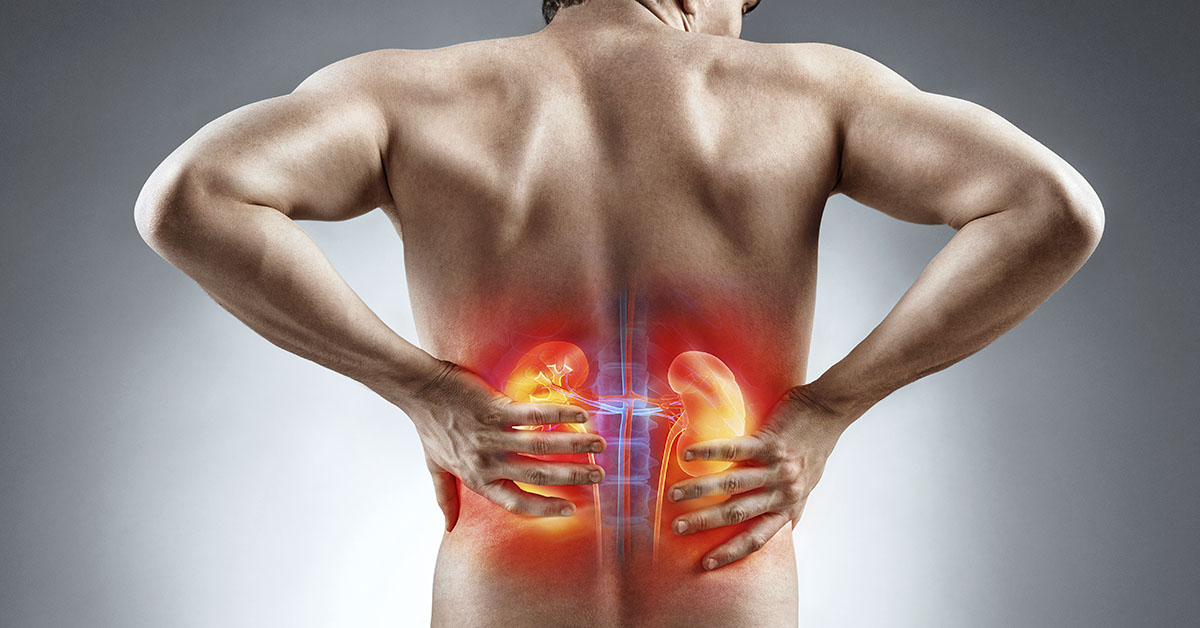Cancer is a scary thing. Nobody wants to get it, and nobody wants to watch their loved ones go through it. Cancer can also be caused by things we don’t even think about—things that are so common we don’t even think about how they could be contributing to the formation of cancer cells. Some of these cancer-linked products may be obvious, while others are not.
Read: 20 Early Warning Signs of Lung Cancer That Women Should Never Ignore
What causes cancer?
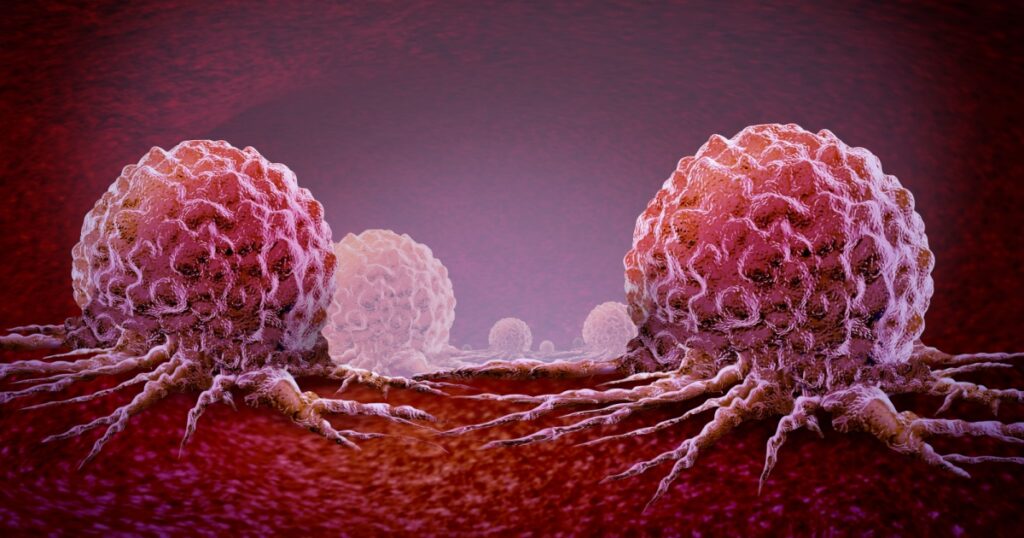
Cancer forms when your genes mutate and begin to reproduce uncontrollably. The mutated genes can cause healthy cells to become abnormal and grow into a tumor. These tumors often spread throughout your body and can cause organ failure or death if untreated. (1) The name cancer is an umbrella term for various diseases/cancers affecting different body parts.
How do you get cancer?
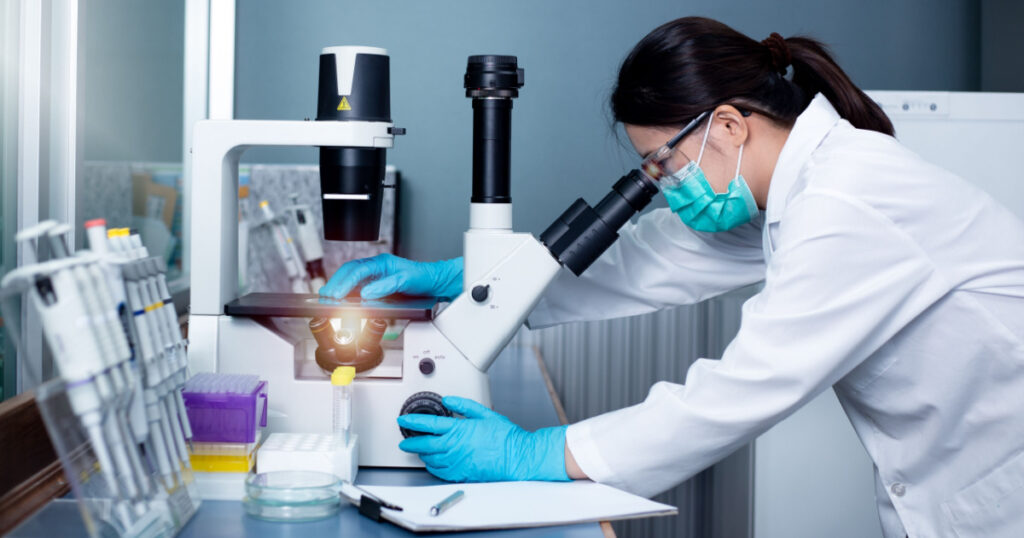
Cancer can be hereditary, meaning that you might be more genetically predisposed to some kinds of cancer due to your family history. According to the American Cancer Society, you can also get cancer from exposure to certain environmental chemicals or other substances. This exposure may happen through diet or the air you breathe, or it could come from products you use every day.
Everyday, Cancer-Linked Products
So what are these products? Some of them may be items you use only seasonally, while others might be every single day. Some may be ingredients in our food and drink, while others may be the item itself.
Read: Here Are 10 Genuine Ways You Can Help Someone Who’s Receiving Cancer Treatment
Cigarettes

Cigarettes are a well-known cause of cancer, and smoking is also linked to a number of other health problems. But what about e-cigarettes? There’s not a lot of long-term research on these products yet, but there are some concerns about the chemicals they contain. And while people may be less likely to get lung cancer from vaping than from smoking traditional cigarettes , the risk of other cancers is still a concern. Carcinogens in cigarettes include formaldehyde, carbon monoxide and arsenic, but e-cigarettes also contain some of these substances. The Food and Drug Administration (FDA) found that many e-cigarette products contain diacetyl—a flavoring chemical linked to serious lung disease. (2, 3)
Just because you don’t personally smoke doesn’t mean that you aren’t at risk. Secondhand smoke can cause cancer in the lungs, throat, and mouth. It also puts you at risk for heart disease and lung problems like asthma. If you’re around smokers, limiting your exposure as much as possible is important. (4)
Tanning Beds
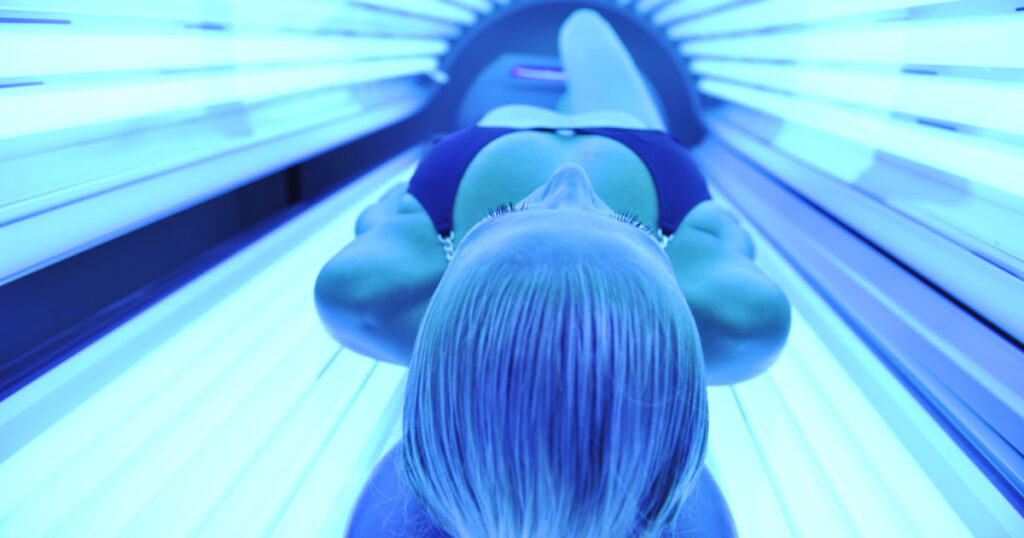
Tanning beds emit ultraviolet (UV) radiation that can damage your skin and cause cancer. The U.S. Food and Drug Administration has classified tanning beds as a class I carcinogen, which means they’re known to cause cancer in humans. (5) While not everyone uses tanning beds frequently, some do.
Grilled Meats

Grilled meats are a good source of protein. However, they’re also a major source of heterocyclic amines (HCAs) and polycyclic aromatic hydrocarbons (PAHs). These chemicals form when you cook meat over an open flame. They’re associated with an increased risk of colorectal, pancreatic, lung, and breast cancers. This one is less clear than cigarettes and tanning beds; however, do your best to limit the number of times you consume grilled meats per week.
Birth Control Pill
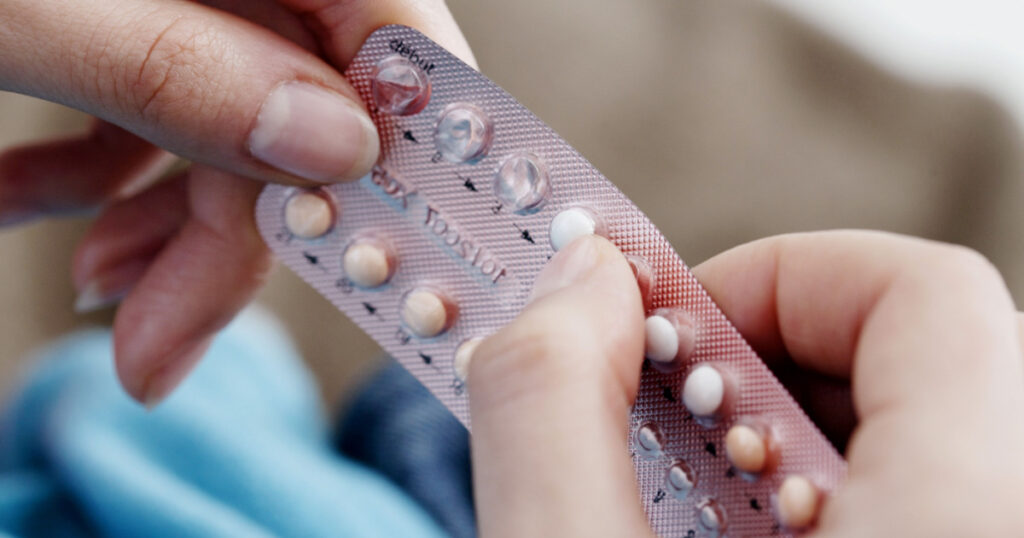
This one is a bit complicated, as researchers have found that oral birth control decreases your risk of certain cancers while raising your risk of others. For instance, it can prevent ovarian and endometrial cancers. In addition, the pill contains a synthetic version of estrogen, which has been found to decrease your risk of colorectal cancer. However, oral birth control also raises your risk of breast and cervical cancers. It is important that you speak with your healthcare provider about oral birth control and whether or not it is right for you. If you have a family history of breast or cervical cancer, than likely you should look for other options.
Alcohol

Alcohol is a known carcinogen. It can damage your DNA and increase your risk of developing certain cancers. In fact, according to the American Cancer Society, drinking alcohol increases your risk of developing throat, liver, breast, and colon cancer. Your risk increases the more you drink.
Read: What Happens To Your Body When You Quit Alcohol For 30 Days?
Salt-cured meat, fish, and pickled foods
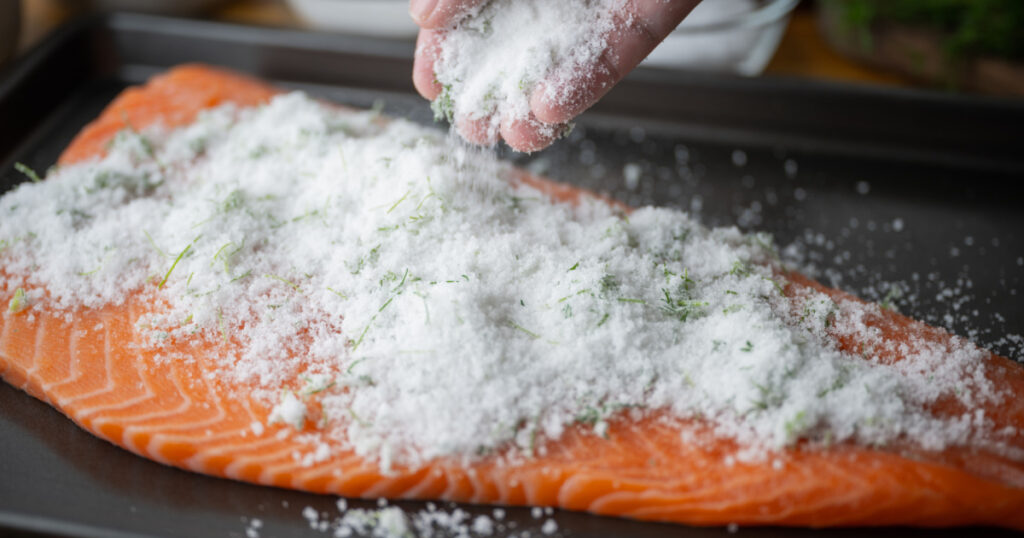
Salt-cured fish and other products are high in nitrates. Salt-cured meat is also high in nitrates, which are converted to nitrosamines. Studies suggest that people who ate a lot of salt-cured meat and fish had an increased risk of developing stomach cancer. Other research also found that eating pickled vegetables was linked to increased stomach cancer risk. (6)
Processed Meats

Processed meats are meats that have been preserved by smoking, curing, salting or adding preservatives like sodium nitrite. These meats include ham, bacon and sausages. Processed meat contains chemicals called nitrosamines, which are formed when meat is preserved with sodium nitrite or other food additives.
Processed Foods
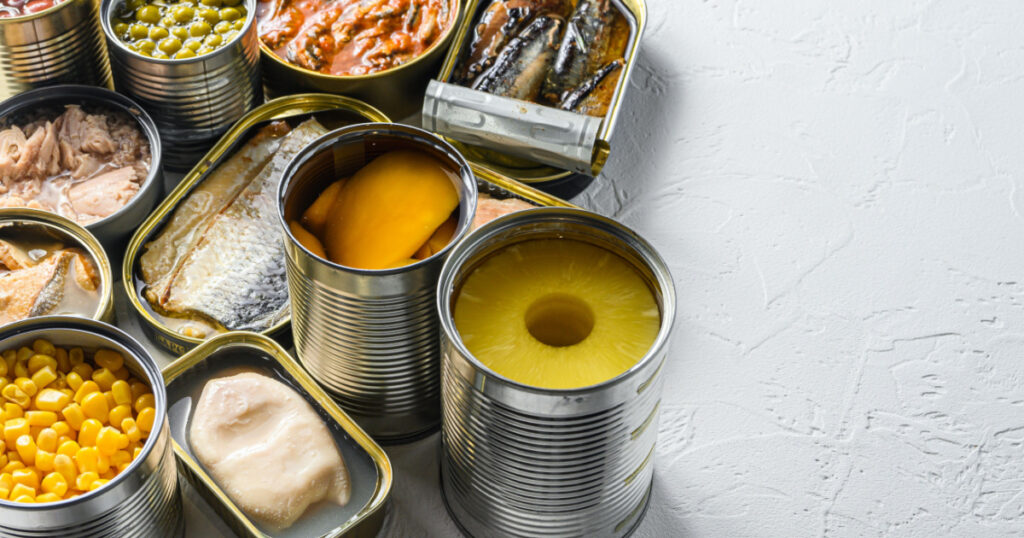
Processed foods are foods that have been modified either by adding ingredients or removing some of their natural components. They are often high in sugar, fat, and salt. Examples of processed foods include cookies, cakes, candy, and ice cream. There seems to be a link between people who eat more processed foods and cancer; however, researchers aren’t yet quite sure of the cause.
Some Plastics
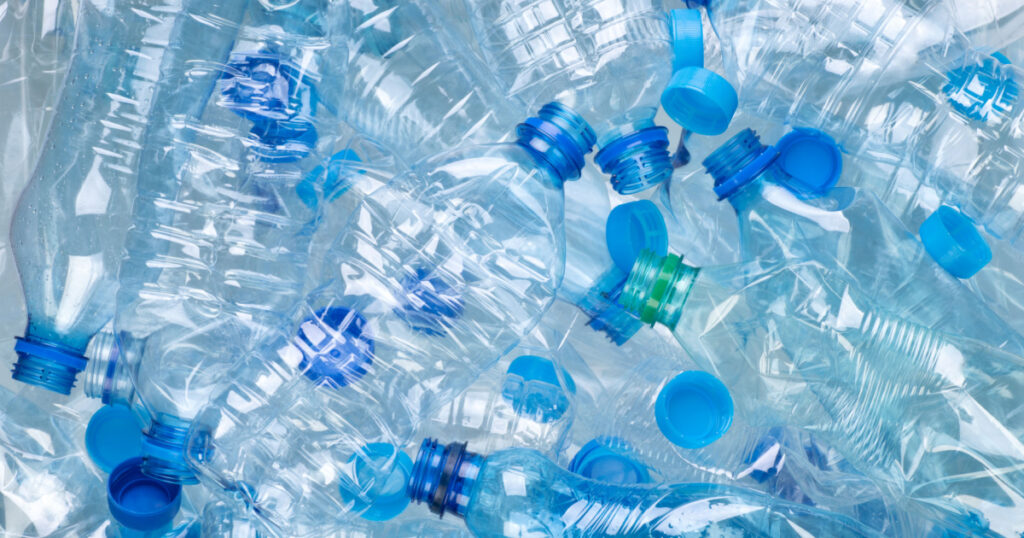
Many plastics are made from BPA, or bisphenol A. BPA is a chemical that mimics estrogen in the body and has been linked to various health issues, including cancer. It’s also used in epoxy resins that coat metal cans for food storage. If you eat canned foods, it’s important to look for products with labels that say “BPA-free” or “BPA-free can liners.” Also, never reheat foods that are stored in plastic. Always put them in a non-plastic dish before heating.
Sugar
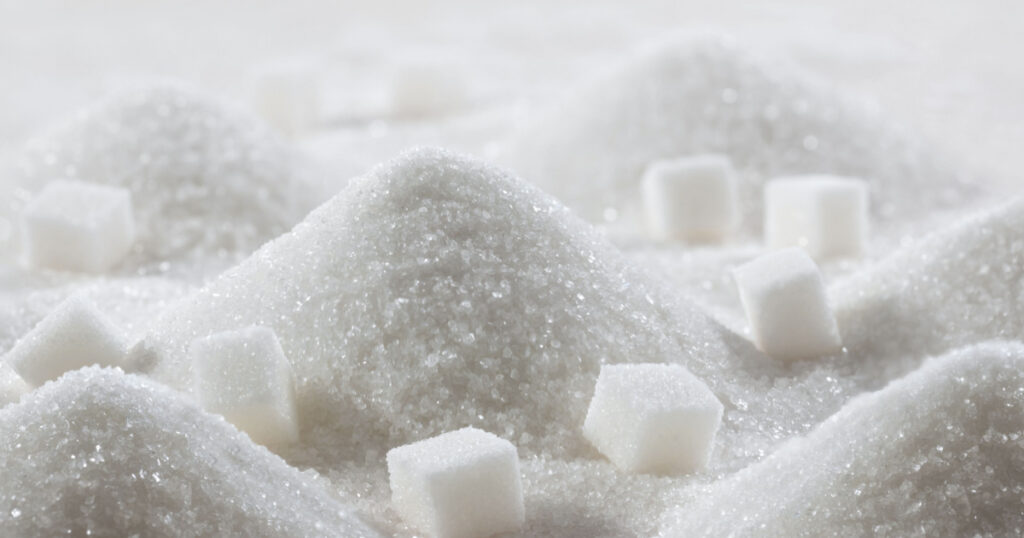
Eating too much sugar can actively damage your cells and lead to cancer. In addition, excess sugar can essentially feed tumor cells and help cancer to grow and spread more rapidly. Sugar also causes inflammation, which is linked to many chronic health conditions including cancer. To limit your sugar intake, avoid processed foods, eat whole foods as often as possible and cut out sugary drinks such as soda or fruit juice.
Read: 14 Signs Your Blood Sugar Is Way Too High
Acrylamide
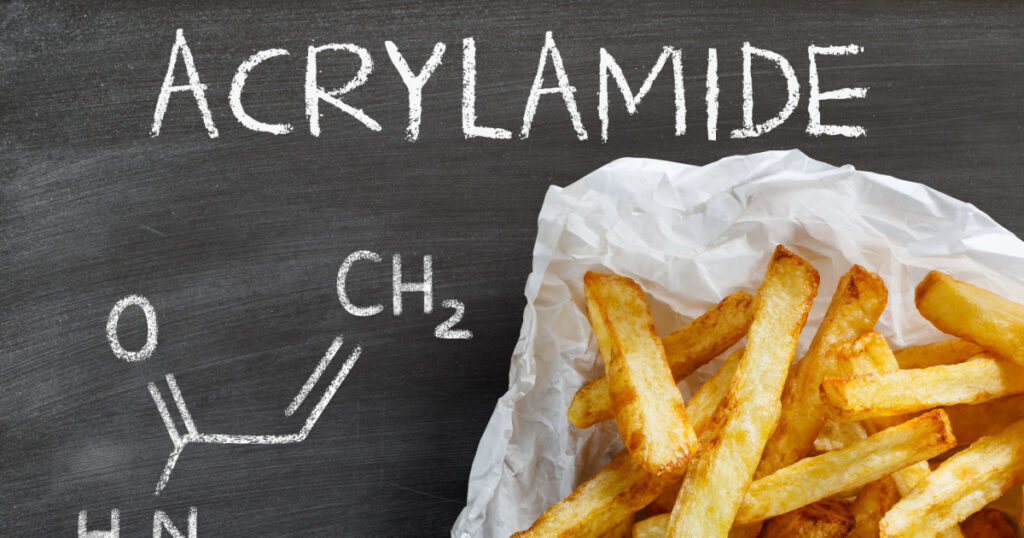
Acrylamide is a carcinogen that is formed when starchy foods are cooked at high temperatures, such as frying or baking. Studies have shown that acrylamide can cause tumors in the large intestine of mice and rats, as well as DNA damage to human cells. However, it’s not clear whether this chemical also causes cancer in humans.
The Bottom Line
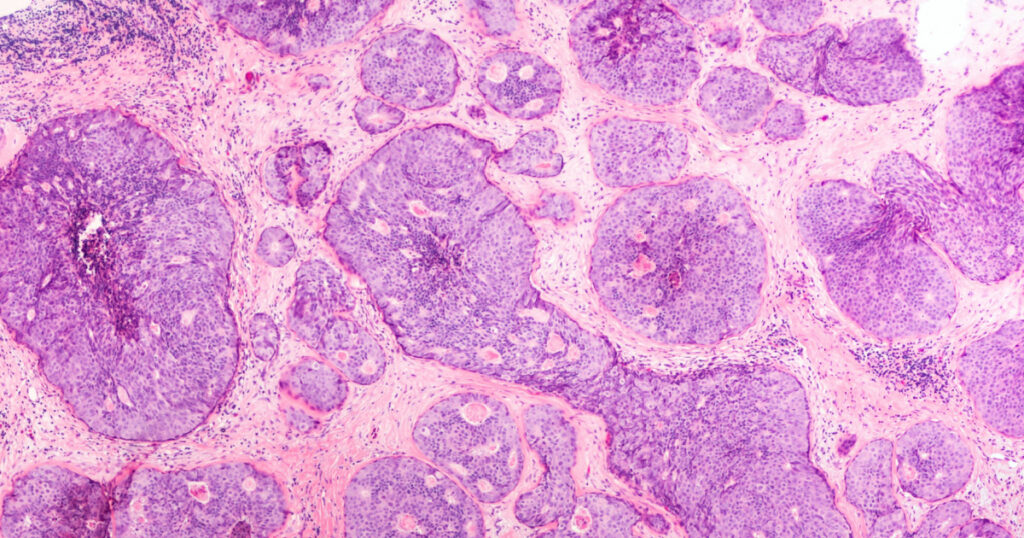
There are a lot of things out there that can increase your risk of cancer. While it is important to know your personal risk level and do your best to lower it, it’s also important to not stress out entirely over it. For example, if you have a family history of breast cancer, then oral birth control is likely not for you. Easy fixes like not smoking and not hanging around people who smoke, limiting alcohol consumption, and not going to tanning beds are all pretty straightforward to do.
The occasional barbecue in the summer, however, or other food items mentioned in this article every once in a while are not going to give you cancer. Simply do your best to live a healthy lifestyle and if you are concerned about your cancer risk, speak with your healthcare provider.
Keep Reading: Dietary Supplement Could Improve Breast Cancer Treatment
Sources
- ATSDR
- “11 potentially cancer-causing things you might use every day.” Business Insider. Hilary Brueck. June 18, 2018.
- “Cancer Prevalence in E-Cigarette Users: A Retrospective Cross-Sectional NHANES Study.” NCBI. Anusha Chidharla, et al. February 2022.
- “10 Common Examples of Carcinogens (and How to Reduce Your Exposure to Them).” Good Rx. Christina Palmer, MD. September 19, 2022.
- “30 Everyday Things That May Cause Cancer.” The Healthy. Jill Waldbieser. March 16, 2022.
- “Preservation and Processing of Foods and Cancer Risk.” wcrf.org .
